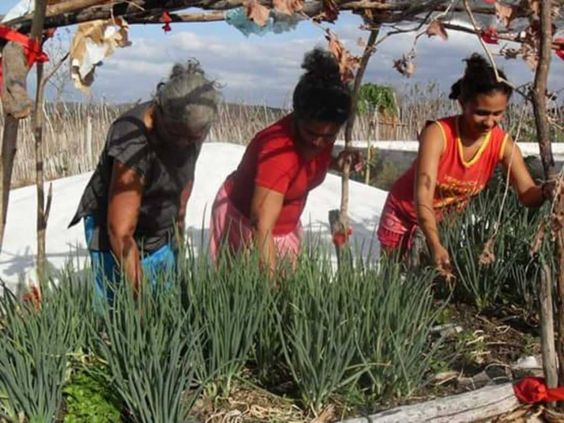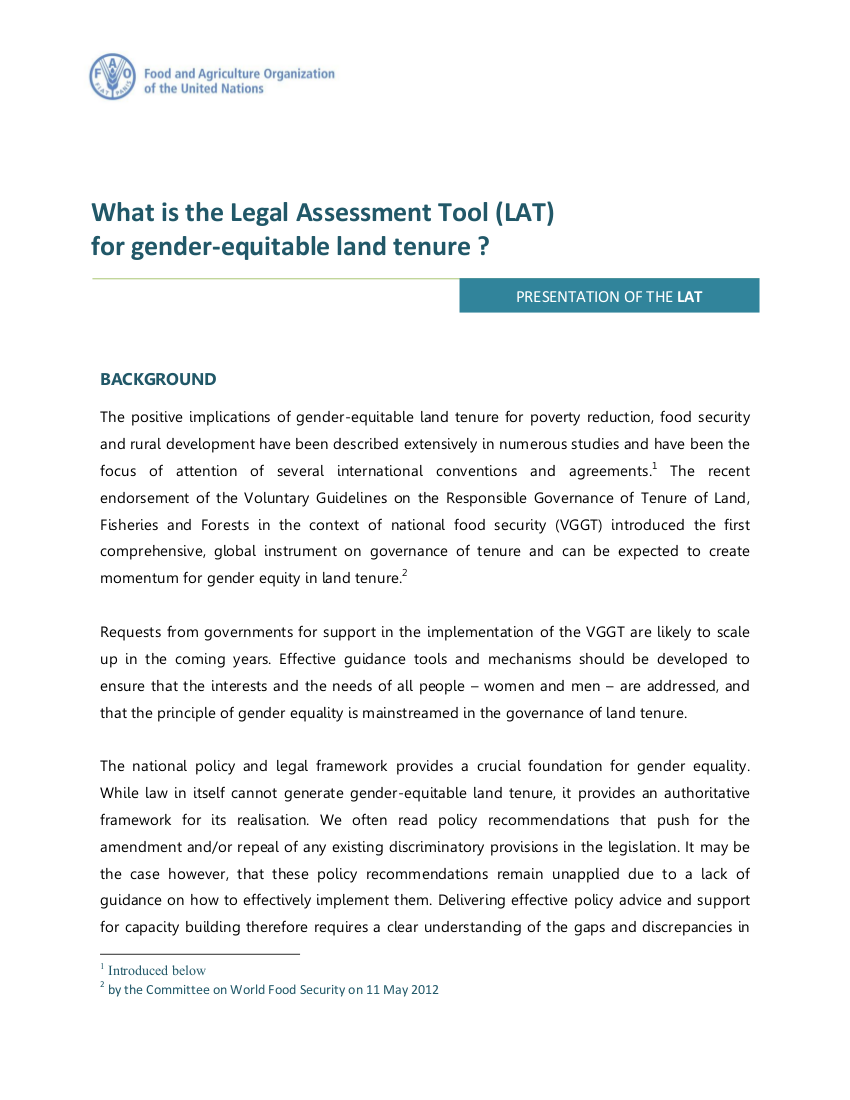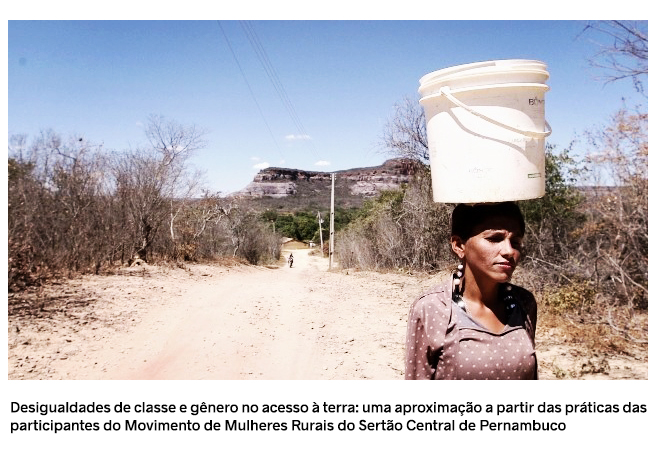Ethiopia: Reforming Land Tenure
Land policy in Ethiopia has been controversial since the fall of the Derg in 1991. While the current Ethiopian government has implemented a land policy that is based on state ownership of land, many agricultural economists and international donor agencies have propagated some form of privatised land ownership. Traces the antagonistic arguments of the two schools of thought how their antagonistic principles of fairness vs. efficiency are played out and have trickled down in the formulation of the federal and regional land policies especially on the new Oromia regional land policy.






